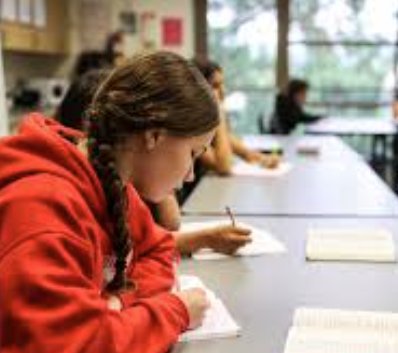Faith-based schools have long focused on nurturing the whole child—mind, body, and spirit. Personalized learning aligns naturally with this mission by respecting the unique strengths, interests, and pace of each student. When integrated thoughtfully, personalized learning in faith-based education can enhance academic achievement while supporting spiritual growth and character development.
Aligning Faith and Personalization
At its core, personalized learning is about honoring the individual learner. In faith-based settings, this principle reflects the belief that each student has a unique purpose and God-given potential. Personalized instruction helps educators:
- Recognize and celebrate each learner’s gifts.
- Create meaningful connections between faith and academic content.
- Encourage moral reflection and self-awareness alongside academic progress.
Key Features of Personalized Learning in Faith-Based Schools
- Student-Centered Instruction: Lessons are tailored to student readiness, interests, and learning styles.
- Flexible Pacing and Pathways: Students progress as they master content, allowing more time for prayer, service, and reflection when appropriate.
- Character Education Integration: Personalized learning supports development of virtues such as responsibility, empathy, and perseverance.
- Faith-Inclusive Projects: Students may choose to explore topics through the lens of faith, connecting academic inquiry with spiritual values.
Practical Strategies for Implementation
- Use Learning Portfolios: Encourage students to document their academic and spiritual growth over time.
- Blend Digital Tools with Reflection: Use technology for adaptive learning, paired with time for personal reflection and guided discussion.
- Encourage Student Voice: Invite students to set academic and spiritual goals and participate in shaping their learning journey.
- Design Cross-Curricular Projects: Integrate service, ethics, and religious themes into project-based learning to deepen engagement.
Benefits for Students
- Deeper Engagement: Students are more invested when learning connects with personal faith and purpose.
- Stronger Relationships: Teachers guide not only academic progress but also spiritual development and character formation.
- Holistic Growth: A personalized approach supports intellectual, emotional, and spiritual well-being.
Conclusion
Personalized learning complements the mission of faith-based education by supporting each student’s individual path toward knowledge, faith, and character. Through a thoughtful blend of academic customization and spiritual guidance, schools can create nurturing environments where students grow as learners and as people of faith.














